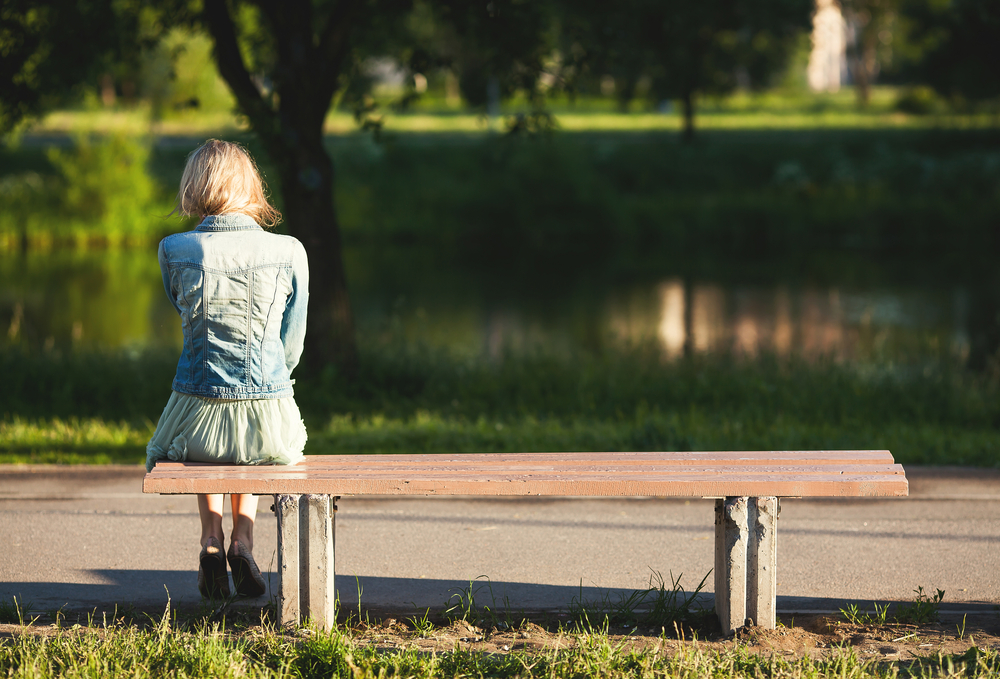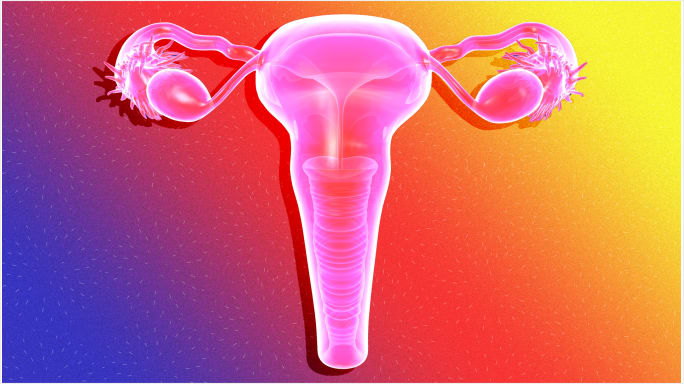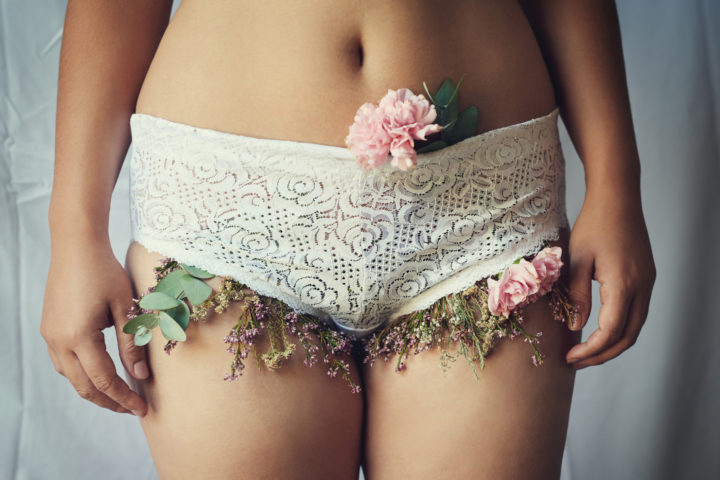When we talk about comprehensive sexuality education, we should talk about inclusivity and accessibility.
Sex and sexuality intersect with various identities in complicated and often harmful ways – whether the identity is someone’s gender, race, sexual orientation, age, or in this case: ability. Bitch Media recently interviewed sex educator Katherine McLaughlin, sex educator and author of the curriculum guide “Sexuality Education for Adults with Developmental Disabilities,” about her curriculum and about the importance of sex education for people with disabilities.
As McLaughlin points out in the article, “A lot of people with disabilities who refer to themselves as self-advocates say they get more support when it comes to getting a job, or an apartment, but when it comes to sexuality or relationships, there’s less of that support. The focus of the curriculum is to be a sexual self-advocate—which means standing up for yourself, saying that you want to be in relationships, but also standing up for yourself within those relationships.”
People with disabilities are often either desexualized entirely, or fetishized, in popular media and culture. The results of ineffective education, McLaughlin says, include “STIs, unplanned pregnancies, exploitation, there’s all kinds of possibilities—for anybody, but as a person with a disability, you are more vulnerable. Not teaching adequate sexuality education makes people more at risk, as well as lonely and isolated.” Denying someone’s sexuality or assuming it to take a certain form, solely based on one aspect of their identity, can be dehumanizing. Proper education gives individual the resources and the options they need, and combats stigma and ignorance.
Learn more about the intersection of sexuality and disability at this beautiful resource page from The Center for Sexual Pleasure and Health!




comments